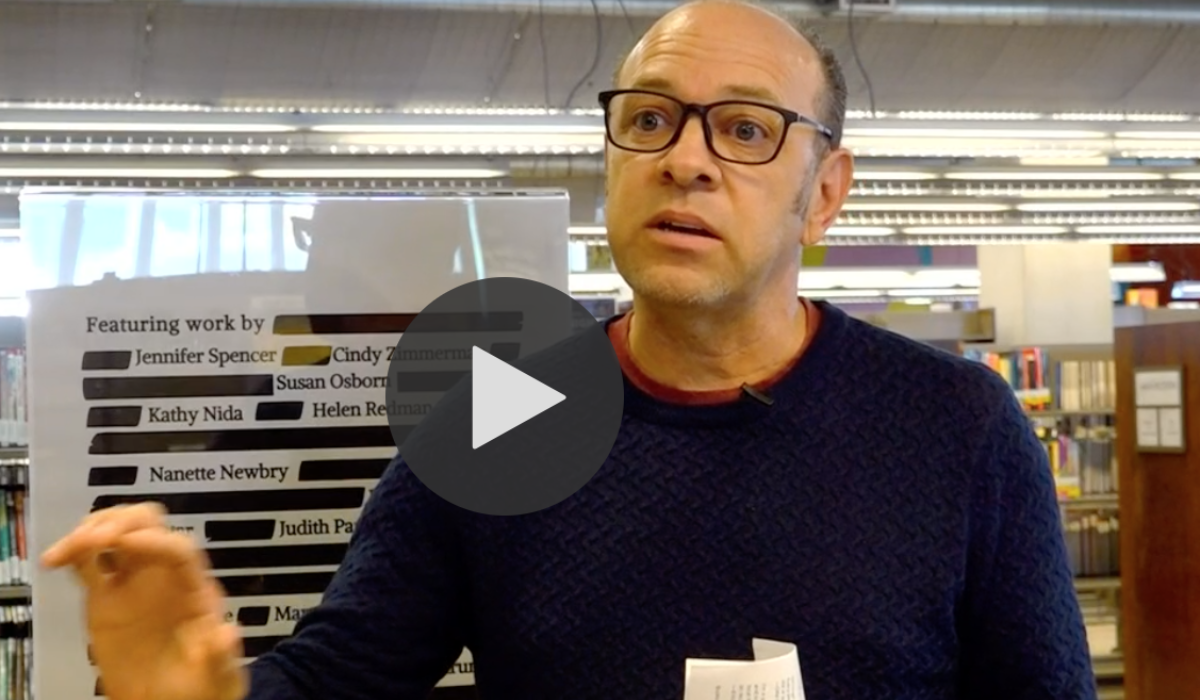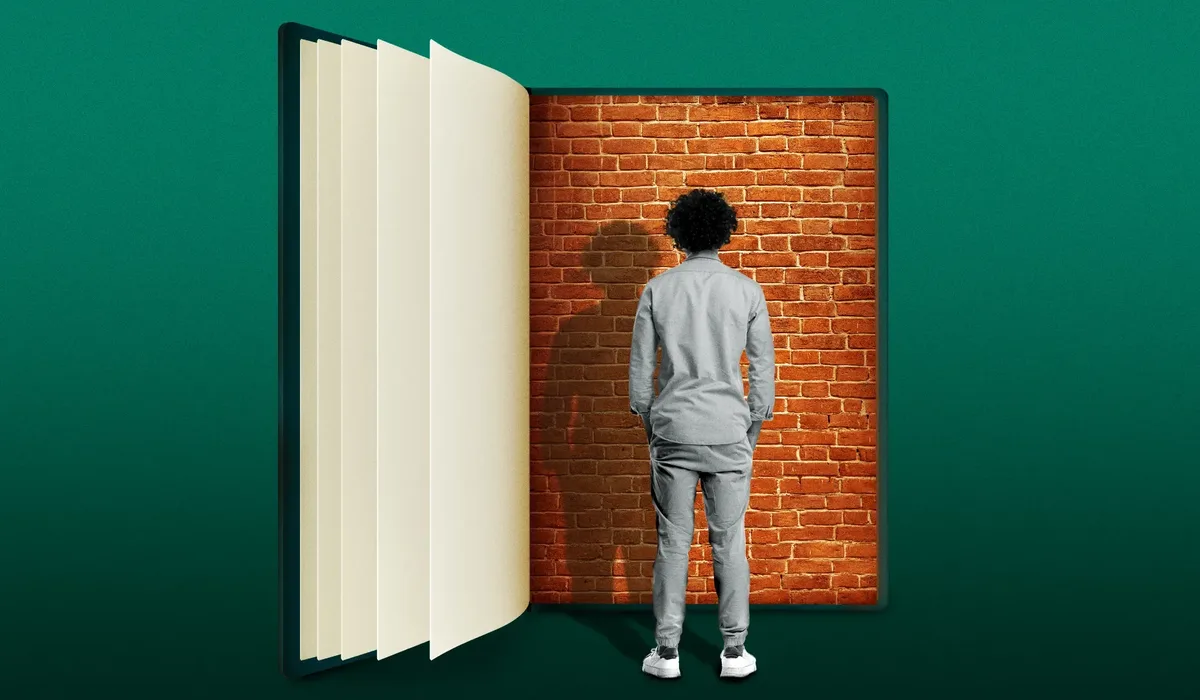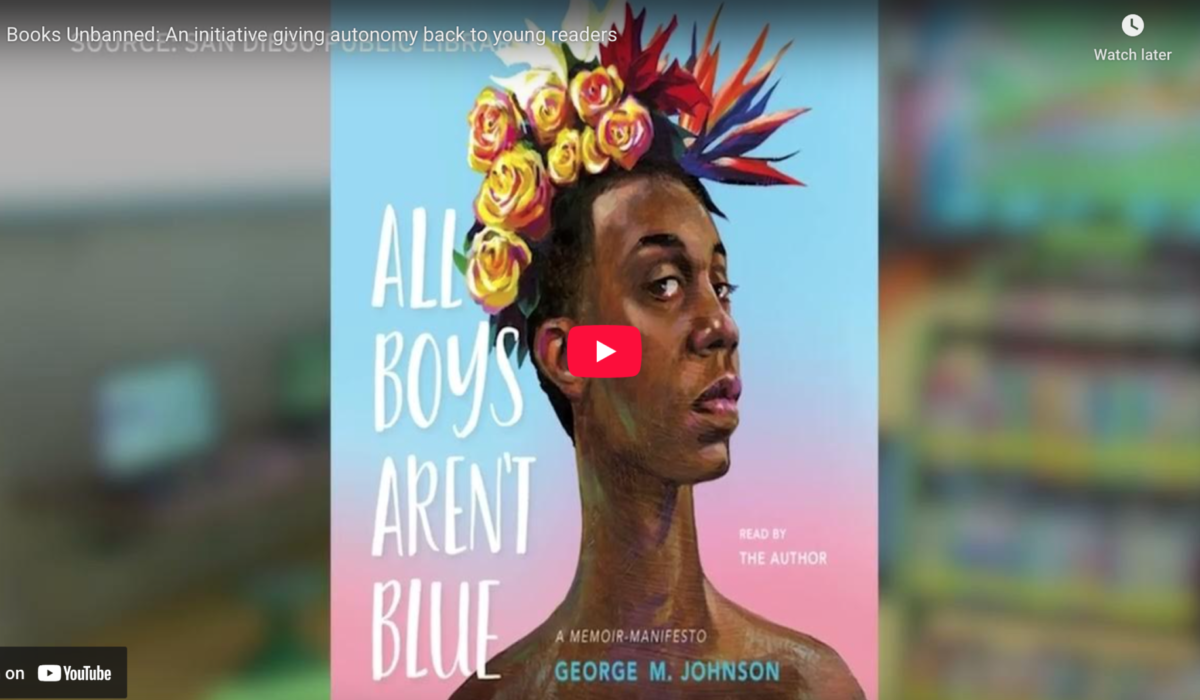“A dream of equality of opportunity, of privilege and property widely distributed; a dream of a land where men will not take necessities from the many to give luxuries to the few.”
As we celebrate Black History Month, it is instructive to remember the legacy and contributions of Dr. Martin Luther King, Jr. and recognize his impact as a champion of civil rights. That impact is more important than ever. But we should also recognize his work to promote equitable opportunities for all.
By definition, public libraries welcome everyone. That is a cornerstone of the library’s mission. Today it is clear just offering free services is not enough to ensure equitable access. Libraries across the country are taking intentional steps to make sure more people have physical and digital access to the library, that they know that the library is free and open to them, and that they feel comfortable using the library.
The San Diego Public Library and the Library Foundation SD are partners in providing equitable access to essential library services and in actively removing barriers to participation for all San Diegans.

“It’s all right to tell a man to lift himself by his own bootstraps, but it is cruel jest to say to a bootless man that he ought to lift himself by his own bootstraps.”
Taking steps to ensure more equitable access
Remote learning has been challenging for everyone: students, parents, and teachers. However, the stakes and obstacles are the highest for families who lack the required technology, connectivity, and support system.
Even before the pandemic, the Federal Communications Commission reported that students with internet access at home achieve high school graduation rates 6 to 8 percent higher than those who don’t. A June 2020 McKinsey & Company report noted that the effects of COVID-19-related learning losses will have a lifelong impact disproportionately felt by low-income, Black, and Hispanic students. The report indicates that only 60 percent of students from low-income families nationwide are regularly logging into online instruction, compared to 90 percent of students from high-income families. McKinsey & Company estimates that the average K‑12 student in the US could lose $61,000 to $82,000 in lifetime earnings, the equivalent of one year of full-time work, due to COVID-19-related learning losses.
Collectively, this is an estimated $110 billion loss in annual earnings nationwide. As the report noted, these learning losses are not just an economic issue, but also correspond to health and wellbeing, crime and incarceration levels, and participation in civic life. This is nothing short of an issue of social justice and equality.
The San Diego Public Library has always supported underserved students, with low-to-moderate income families comprising 79 percent of Library patrons. Through free programs like Do Your Homework @ the Library, IDEA Labs, Teen Centers, and Library NExT technology training, students get the help they need, work with their peers in a safe environment, and receive support that may not be accessible at school or in the home. When the Library was forced to close its doors, these students lost an essential part of their support system. Though the Library quickly adapted its programs to online formats, not all students could be reached in the virtual space.
As the Library sprang into action to provide these essential services digitally, the Foundation also pivoted with funding and resources to support the Library’s and the community’s ability to thrive in this new environment.
The partnership between the Library and the Foundation allowed 300 qualified students to receive free computers so they can participate in Library education programs, such as Career Online High School, READ/San Diego adult literacy, and the Library’s STEAM/STEM program, Library NExT. Starting with an initial 110 Library Foundation funded laptops available to use in a physically distant setting, the Library implemented a “Computers in Courtyards” initiative at all open branch locations, including San Ysidro and Valencia Park. This effort allows patrons who in the past visited branches to use computers to continue to connect to vital, on-line services.
The Library Foundation and Friends groups also supported enhancing the digital collection,which includes books, programs, and resources. These services are critically underfunded and currently essential. The Library also offers digital resources like virtual storytime in English and Spanish, online resources for small businesses and educators, online courses in Adobe software and graphic design, and access to language-learning software and SAT preparation programs.
San Diego Public Library has a history of promoting equity
The San Diego Public Library has long been recognized as a national leader in providing equitable access to its services. As one of nation’s first library systems to eliminate fines and restore nearly 60,000 library cards to people who lost their privileges due to previous fines, San Diego Public Library reopened access for thousands denied access because of small fines.
The Library also applies a social equity policy to a very important resource allocation program that matches private donations to the Library. This ensures libraries in underserved neighborhoods have resources necessary to support growing community demand.
Ensuring greater social equity an ongoing priority
Creating equity and equal access to essential services is not a short-term focus for either the Library or the Library Foundation. Library supporters recognize that for the Library to fulfill its mission, leveling the playing field and giving all San Diegans the opportunity to succeed will remain a priority.
“The way we create a world-class city is by having an entire city of informed, high-quality individuals,” said a Library Foundation supporter.
Ensuring that all communities have the opportunities to participate in that recovery will be at the core of our work. That is the lens we use to approach our work with the Library Master Plan, which will provide the city with a roadmap for equitable Library services.
Dr. King remains an inspiration in this work to remove barriers to full participation in success. As Dr. King said in a 1967 television interview, “It’s all right to tell a man to lift himself by his own bootstraps, but it is cruel jest to say to a bootless man that he ought to lift himself by his own bootstraps.”


